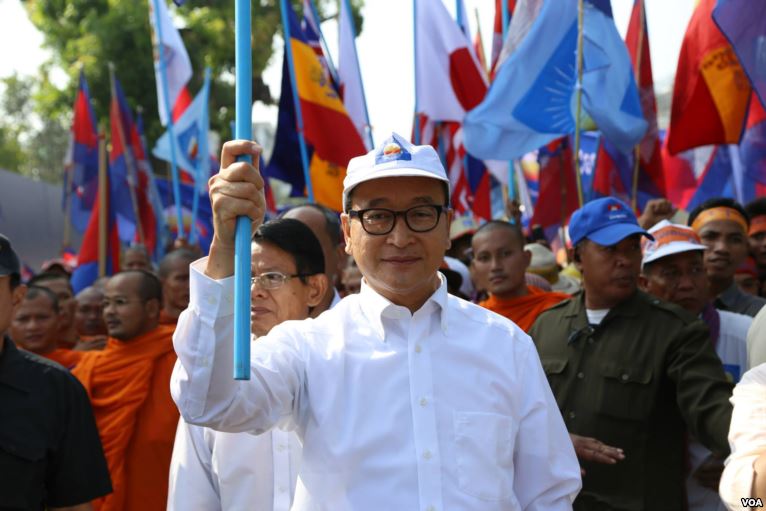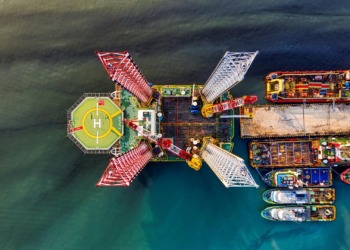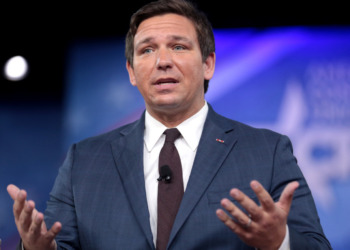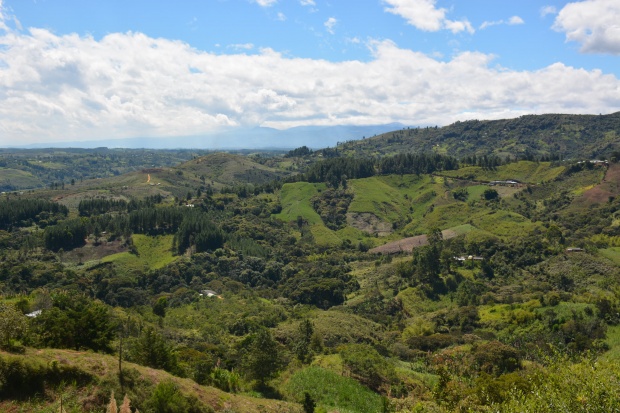Cambodian opposition leader Sam Rainsy, who has been living in self-exile in Paris, is planning a return to Cambodia to challenge the single-party government of sitting Prime Minister Hun Sen. From abroad, Rainsy has urged “a peaceful uprising” and has called on the military to side with the people by “not shooting at them.”
Meanwhile, Cambodian officials have called for support from neighboring countries to prevent Rainsy’s re-entry to the country, while Hun Sen has deployed troops along Cambodia’s borders to prevent popular uprising.
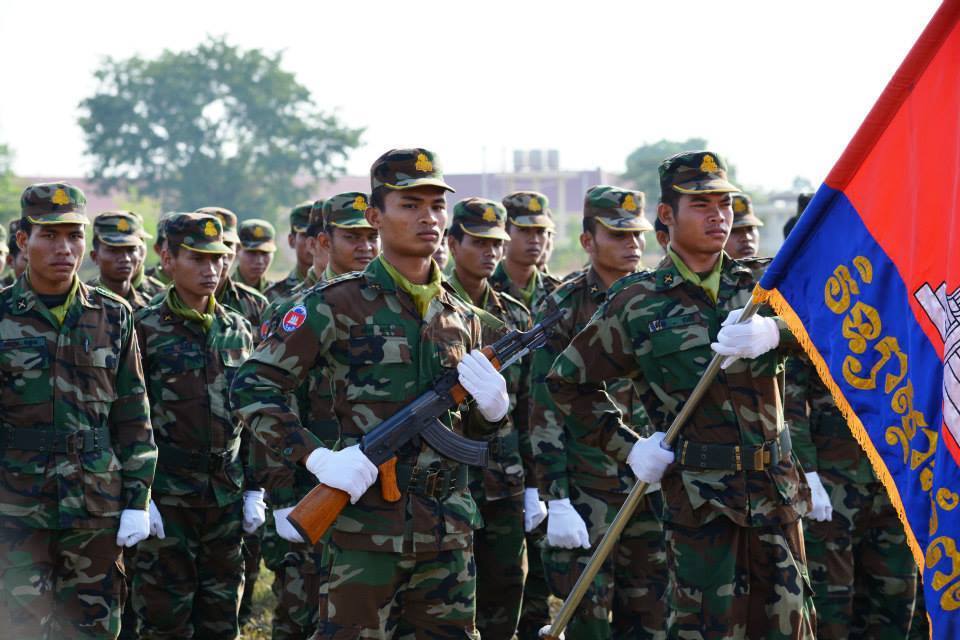
Rainsy ran into several hurdles on his way from Paris to Cambodia: in Paris, he was barred from boarding a Thai Airways flight to Bangkok, and flew to Malaysia instead. Malaysia Airlines then prevented Rainsy from boarding a flight from Kuala Lumpur to Jakarta, Indonesia.
Eventually, however, Rainsy arrived in Jakarta on Thursday, November 14, in order to meet with Indonesian officials and strategize his return.
Hun Sen, who has led Cambodia for 34 years since the fall of the Khmer Rouge, seems to harbor fear of a coup. His government has been engaged in a crackdown on pro-democracy political dissidents, mostly members of the Cambodian National Rescue Party (CNRP), which has been outlawed.
Many opposition members are either detained in Cambodia or have been forced to flee abroad. On its public face, the Cambodian government dismisses the possibility of an uprising, claiming complete control over the situation, and states that it will not negotiate with Rainsy.

However, international pressure to ameliorate the human rights conditions in Cambodia seems to be working. The European Union has given Cambodia a one-month deadline to respond to its queries about human rights infringements before it suspends trade preferences. Along with 47 other developing nations, Cambodia enjoys duty-free, quota-free access for all products except arms and ammunition under the EU’s Everything But Arms (EBA) program. The EU accounts for more than one-third of Cambodia’s exports.
Hun Sen’s government has not yet offered comments on the EU’s inquiries, but last week the authorities released Rainsy’s co-leader Kem Sokha, after more than two years in custody. On November 14, Hun Sen announced that 70 opposition activists accused of plotting to overthrow the government should be released on bail.
The Cambodian government received $7.9 billion in Chinese investment from 2016 to August this year, and a slew of Chinese real estate projects have popped up across the country in the past few years.
Hun Sen’s crackdown on political freedoms in Cambodia has coincided with closer diplomatic and economic ties with nearby China. The Cambodian government received $7.9 billion in Chinese investment from 2016 to August this year, and a slew of Chinese real estate projects have popped up across the country in the past few years.
Cambodians have grown resentful: the dozens of Chinese casinos that have popped up in Phnom Penh and other cities have increased crime and prostitution and induced a damaging boom-and-bust cycle. In many cases, the Chinese presence in Cambodia is unwelcome and has contributed to public resentment of the current regime.
It remains to be determined whether Sam Rainsy stands a chance at toppling Hun Sen’s long-lasting regime. As Hun Sen attempts to project an image of compromise, perhaps in part to assure the European Union that his regime will skew closer to human rights standards than before, observers wonder what’s next for Cambodia.


